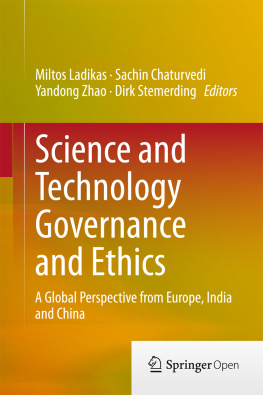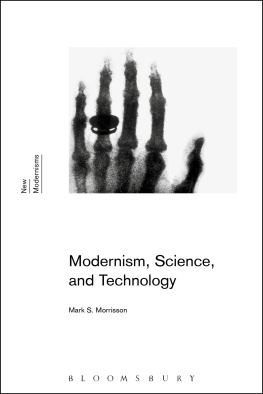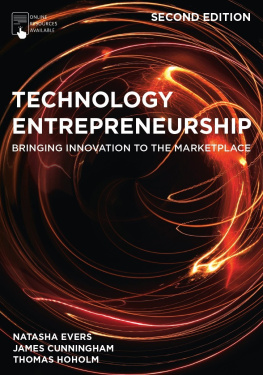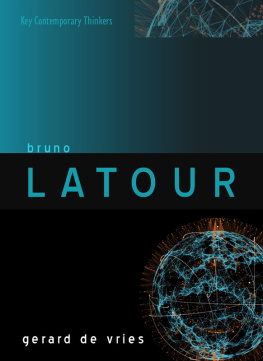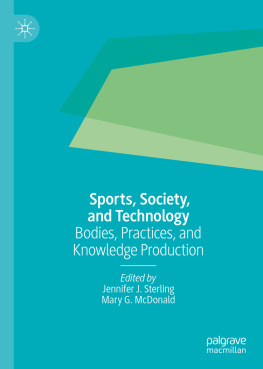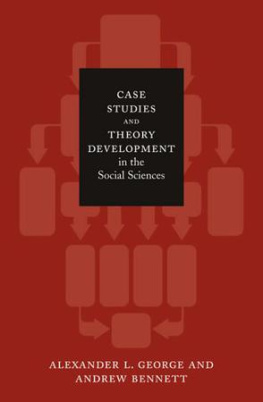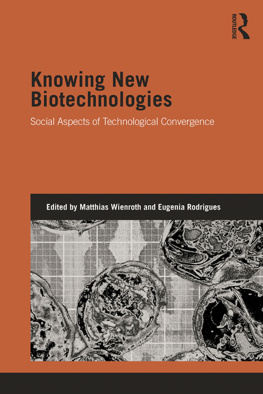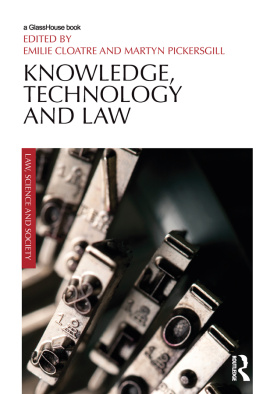1.1 Introduction
Ethics is important. No one doubts this. Yet no one knows with certainty what ethics is. Since historical records began, the question of what ethics is or what it means to live ethically has been akin to the well-known eternal riddles about the origins of humanity and the will of God (or the gods) for humankind. From the Vedic scriptures to the teachings of Confucius and the philosophical debates of ancient Greece and Rome, questions on ethics have been asked and answers have been given in different forms and shapes, some evidently in direct contradiction. And the debates are continuing with the same intensity and urgency as ever.
This book is about ethics, but it does not try to answer any of the basic questions that have tormented humanity for the past 3,000 or 4,000 years. It has a much more modest aim that is also quite important in its own area, as it focuses on a unique feature of modern societies: technological developments. Never before have technologies reached such a level of penetration in peoples everyday lives or been used so widely by citizens from every walk of life. Rich and poor, young and old, educated and unschooled, male and femaleeveryone uses modern technologies and everyone is deeply influenced by them. The effect that technologies have on our psychological and physical functioning is unprecedented and has reached high levels of intimacy (van Est ). Therefore questions on ethics in science and technology developments are crucial and urgent: How ought we to view new technologies? How are we to control their effects? On what should we base our thinking and decisions on technological developments? Whom should we rely on to advise us?
These are some of the questions that became the focus of analysis for the European Commission-funded project Global Ethics in Science and Technology policy (GEST), which ran from 2011 to 2014. The main aim of GEST was to analyse the concepts and issues surrounding ethics in science and technology in Europe and the two main technology-intensive emerging economies of China and India, in order to create a robust global debate that directly informs science policy.
China and India are strong contenders in the production of science and technology, new ideas and knowledge. They make up roughly half the worlds population and one fourth of its economic output, and there is little doubt that both contributions will increase significantly. Europe, India and China are at different stages of economic and social development, but all face similar challenges with regard to ethics issues in science and technology.
In Europe, and in the West in general, scandals associated with scientific misconduct and food technologies have been publicized and debated in recent decades, resulting in a series of policy initiatives, and similar debates have taken place in China and India. In China, for instance, recent public controversies in areas such as scientific misconduct, food safety and public health have proven to be a catalyst for science and technology debates (Xie ).
1.2 The Projects View of Ethics
During the past two decades, with debates on ethics in science and technology developments reaching a level of public significance, it has become clear that the meaning of the term ethics is at best debatable. What is an ethical consideration for some people might be considered an economic matter by others, and when it comes to deeply held values on life, in many instances it is even more difficult to separate opinion from dogma, or belief from religious prescription.
The chorus (some might call it a cacophony) of voices in ethical debates has abated somewhat in recent years, as more and more lay people have found a common voice to express opinions that cannot easily be accommodated within standard belief systems, whether ideological or religious. Debates have become less expert and more open to participation by groups or individuals that do not necessarily claim any particular expertise in the scientific subjects under discussion, but are nevertheless persuaded that their voice is as valid as those of the experts. Whether this constitutes a revolutionary step in science and technology debates is the business of future historical analysis. At present, while some argue that ethical debates have crystallized in a form that allows unconditional input from experts and lay people alike through means that range from typical opinion surveys to atypical participatory policy discussions, others claim that dynamic new forms of public participation are required to avert a crisis of international governance regarding new and emerging technologies (Grunwald ).
It is for this reason that GEST has adopted a view of ethics as a non-disciplinary, public area of social interaction that encompasses a plethora of forms of expression. Our definition of ethics debate is thus:
A common platform for deliberation and discussion of values in society that is based on perceptions of right and wrong, is influenced by cultural norms, and aims at informing policy making.
The emphasis on perceptions of right and wrong pertains to the need to acknowledge the importance of public perceptions in the debate, regardless of their origin (e.g. religious vs. secular). Public perception research, whether quantitative or qualitative, is nowadays an integral part of the ethics debate around any new science and technology development. What has been termed lay morality is often even more evident in debates than the opinions of expert ethicists, and no decision can easily be taken in direct opposition to public sentiment (see Decker and Ladikas ).
The influence of cultural norms in ethics debates is a key subject for a project whose work has a global perspective. It is clear that ethical opinions do not appear out of a void and, whether or not one believes in an innate human nature, that upbringing plays a significant role in shaping notions of right and wrong. We therefore focus on how value systems in society influence ethical debates in the public and expert domains alike. We believe that ethics debates cannot be dissociated from cultural norms and values.
The aim of ethics debates in influencing policy-making forms another part of our definition. Ethics debates are by default policy debates. They are at core action-oriented in that they set out to allow or prohibit certain activities. As such, these debates aim to influence policy-making, and the opinions expressed are also policy opinions. Therefore it would be wrong to dissociate ethics debates from policy or doubt their impact on policy-making.

